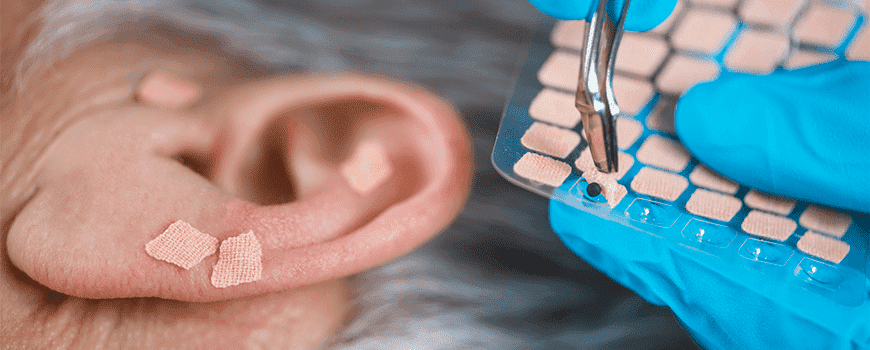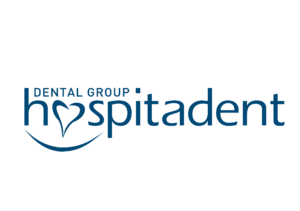Dental Treatments Started with Acupuncture
Salih ÖNDER2022-09-05T15:39:48+03:00Acupuncture is a far eastern medical treatment method dating back 5000 years. It is considered to be effective according to the YIN-YANG philosophy based on body energy balance. Acupuncture treats diseases by stimulating certain points on the energy meridians that circulate throughout the body surface with a needle. It is a method that relieves functional disorders of organs, especially pain. It not only relieves the symptoms, but also treats the disease.
The word acupuncture stands for acus = needle, punctura (punctura = means to pierce). However, the mechanism of action is not that simple. With the development of today’s western medicine, it has been shown by laboratory studies that neurophysiological, chemical, humoral and hormonal mechanisms are activated in the body, that is, the body’s ability to heal itself is utilized.
Acupuncture has no side effects, it is a safe, effective, fast and economical treatment method.
Acupuncture finds application in many fields, especially in pain, in the fields of general medicine and dentistry.
APPLICATION AREAS IN DENTISTRY
– Jaw Joint Disorders (TMJ – Temporo Mandibular Joint)
- Pain and swelling in TMJ
- sound in TME
- Movement restriction and difficulty opening in TMJ
- Trismus (jaw locking)
- Pain, stiffness and chewing difficulties in chewing muscles
- TMJ disorders and muscular problems after radiotherapy
- Earaches and hearing problems associated with TMJ
- tinnitus associated with TMJ
- TMJ luxation and subluxation
- Discomforts after Dental Surgery and Implant
- Pain
- Anesthesia (Drowsiness)
- Paresthesia (Unpleasant feelings)
- Hyperesthesia (Hypersensitivity)
– Pain Relief (Analgesia)
- Toothache
- Unexplained toothache
- Endodontic treatment
- alveolitis
- trigeminal neuralgia
- Unexplained atypical facial pain
- Myofascial pains
- Face-head-neck pain caused by chewing muscles and TMJ
- Migraine
– Dental Disorders
- clenching teeth
- Teeth grinding (bruxism)
- Snore
- Nausea-vomiting during measurement
- Difficulty using prosthesis, nausea-vomiting
- Dry Mouth (Xerostomia)
- Xerostomia after radiotherapy
- Hyposalivation (Low saliva)
- Hypersalivation (Excess saliva)
- Some salivary gland disorders
– Paradental Disorders
- Facial Paralysis (Bell Palsy)
- Facial muscle tics and facial numbness, tingling sensation
- Unexplained difficulty in swallowing
- Hiccups of unknown cause
- Sinusitis, tooth and facial pain related to sinuses
- Tongue pain and stiffness (of unknown cause)
- Stuttering and speech problems
- Pain after head, neck and face surgery
- Percent shingles pain
- Halitosis (Bad Breath)
- fear of the dentist
- Depression, anxiety, phobia, and neurasthenia associated with long-term TMJ disorders
- Taste and smell disorders (cause unknown)
Bakirkoy Hospital
Chief Physician Dt. Selma KURTOGLU

